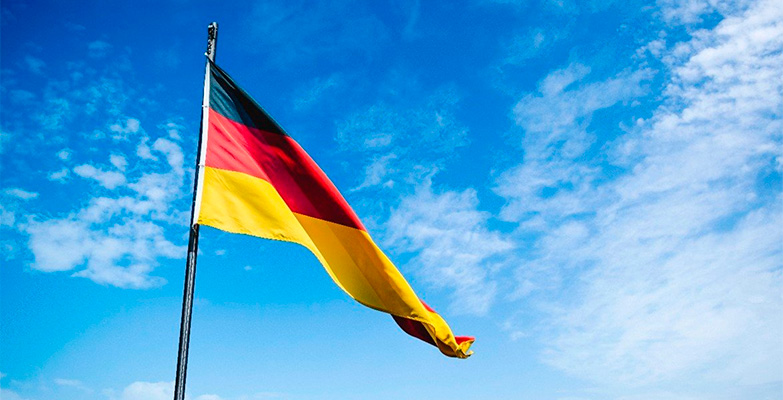Helsingin toimisto
Käyntiosoite: Kalevankatu 12, 00100 Helsinki
Postiosoite: PL 68, 00131 Helsinki
Puhelin: 09 228 601 (vaihde)
kauppakamari@helsinki.chamber.fi

The Act sets out human rights and environmental due diligence obligations that companies must observe in their own operations and in their supply chains. Violations of the Act are punishable by fines of up to 2% of the annual global turnover of the company and its group. Companies found to have violated the Act may also be excluded from public tenders.
Finnish companies doing business in Germany or with German customers may now wonder what the new German legislation means for them.
Companies based in Finland will not be caught by the Act unless they maintain a subsidiary or branch office in Germany with more than 3,000 (or, as of 1 January 2024, 1,000) employees in Germany. However, the Act may still be relevant to Finnish companies even if they are not themselves subject to the Act. If they are a direct or indirect supplier to a German company that is subject to the Act, they will form part of the German company’s supply chain and the German company will have to take certain measures with respect to them in order ensure its own compliance with the Act.
Specifically, in order to meet its obligations under the Act, the German company will have to conduct a risk analysis to determine whether there is a risk that the Finnish company might violate any of the human rights or environmental standards that the Act seeks to protect, or whether there is a risk that such violations might occur further up the supply chain (i.e., at the Finnish company’s suppliers, or its suppliers’ suppliers, etc.). To carry out its risk analysis, it is likely that the German company will approach the Finnish company for information regarding the Finnish company’s operations and supply chain.


Daniel Stein, LL.M. (UNSW)
Partner | Commercial
+49 211 5108 4150
daniel.stein@osborneclarke.com
Dr. Timo Karsten
Partner | Employment
+49 211 5108 4114
timo.karsten@osborneclarke.com